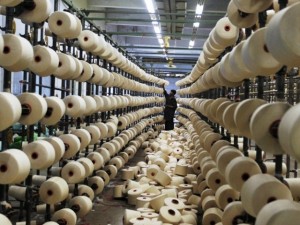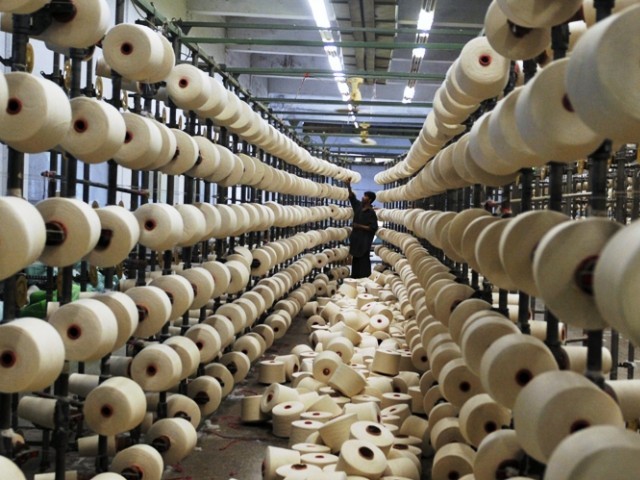
(DNE File Photo)
On Monday, Prime Minister Ibrahim Mehleb instructed Minister of Trade and Industry Mounir Fakhry Abdel Nour and Minister of Agriculture Adel El-Beltagy to hold a meeting next week to discuss the provisions to meet the needs of cotton-spinning companies in Egypt, according to a cabinet statement issued the same day.
According to a source at an Egyptian spinning and weaving company, Egypt is struggling to increase the amount of cultivated areas of cotton, which so far does not exceed 500,000 acres, but he believes that raising prices for buying cotton from farmers will inevitably push them to increase the cultivation of cotton.
“The meeting is scheduled for next week, and it will focus on alternatives for cotton-spinning, such as expanding the base of the countries we import cotton to and developing a plan to raise the cotton yield per acre,” according to the source.
The crisis within the spinning and weaving industry in Egypt has led many companies to import 50% of its cotton, an amount that totals about half a million bales of cotton a year—the equivalent of 1,000 tons of cotton—according to a data regarding importers of cotton throughout the world released by the US Department of Agriculture.
The source stated that the acreage is currently small, compared to what it was 50 years ago when Egypt used 1.8m acres of land for the cultivation of cotton.
The Egyptian economy has faced a range of challenges since the 25 January Revolution which toppled former president Hosni Mubarak. Growth is slow due to the exodus of both foreign investors and tourists, and the government has so far failed in meeting the demands of the unions that have protested in factories across Egypt.
The decision to hold a meeting regarding spinning and weaving factories came at an economic ministerial meeting on Monday, which confirmed that the government is working to control markets after the decision to raise fuel prices and reduce energy subsidies.


